How Not To Talk About Your Game
One of the things I hear developers struggle with most is simply figuring out a way to talk about their game. And more than that, the struggle isn’t just talking about the game, but figuring out how to talk about it in a way that’s clear, concise, interesting and makes it stand out.
When you’re knee deep in a project for months or even years, it so hard to see the big picture. However, over and over again I see people fall into the same trap: instead of figuring out their game’s “elevator pitch” or a compelling way to talk about it, they simply compare it to other games. “Have you played X or Y? My game is similar to that but has a bit more action and pixel art.” I’ve heard this kind of thing more times than I can count, but talking about your game by leading with another is almost always a bad idea.
Think about it. Have you ever heard a speaker at an award ceremony introduce someone by comparing them to someone else? “Introducing Amy Schumer, who is kind of like Tina Fey and Amy Poehler but newer,” or a designer introduce their fashion collection by comparing it to another designer. “Yeah, I take all of Marc Jacob’s designs and then make it darker and cleaner for my own aesthetic.” Nope, just doesn’t happen.
However, I definitely do understand the motivations behind doing this kind of comparison in the game industry. For one thing, it often instantly gets people to understand a portion of what your game is or what you are going for. It also provides a way for you to talk about your game without actually having to figure out how to talk about it. Also, if you choose a game that is really awesome to compare yourself to, maybe you will align yourself with that and have some rub-off effect. But in reality, leading with a comparison simply doesn’t allow your game to stand on its own merits.
Chances are you’ve poured your heart and soul into your game. You want people to think it’s something unique and special, and see all of the nuanced details that you’ve spent months or years working tirelessly on. But by leading with a comparison, all people will see is that: the comparison. It doesn’t allow your game to stand out for what you’ve worked so hard on: an idea that is all your own.
Now, I’m not saying that comparing is always and forever a bad idea. I’m simply saying don’t lead with it. Introduce your game with its own unique elevator pitch. Talk about what you are most proud of and excited about and highlight the elements of gameplay that can’t necessarily be found in other games.
If your game has an organic comparison (e.g. it invokes the emotional or mechanical feel of a previously successful game) that’s great. Let people come to this conclusion on their own. They will feel smart for making that leap and you will still get the comparison you are going for.
So how do you not fall into this trap? First, you should always be doing research during your development process so you are aware of what else is on the market. That’s a given. Before you start publicly talking about your game, you should develop an elevator pitch. To do this, start by thinking about some simple but key questions:
What’s most unique about my game?
What can my game offer that people can’t get from other places?
What do I want people to take away from this gameplay experience?
Use this framework to begin thinking about what actually sets your game apart. Then work to craft it into something simple and clear that you can share with people at conventions or when you begin to do your press outreach for launch. If your game really elicits a comparison (which I would always refer to as inspiration as opposed to a ‘similar to’ verbiage,) follow up with that after people have been introduced first to why your game is different from anything else out there.
If you are comparing across industries or mediums, this changes things a bit. Comparing a game to another game is a bit like comparing children. No one would ever say “My second child is exactly like my first but a bit funnier and taller.” But as an example of someone who did this correctly (not in the games medium,) take Oyster, a digital book rental service who called themselves “the Netflix of books.” Now, I’m not sure how they legally got away with calling out Netflix (that’s neither here nor there,) but this comparison is simple, compelling and takes something—in this case unlimited video streaming—and applies it to a new medium: reading. This is interesting and gets you to shift your frame of reference. This quirky and simple reframing resulted in huge word of mouth value for Oyster’s launch.
Don’t be afraid to pull inspiration from unlikely places. Taking something from elsewhere and reframing the way people think about it can be interesting if done strategically.
Bottom Line: Your game should stand on its own merits. Always plan out how to best talk about your game before making the leap publicly. And don’t ever lead by comparing your game to another game.
